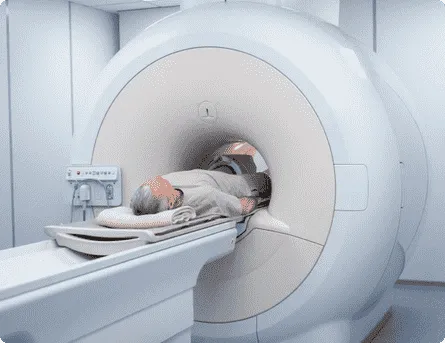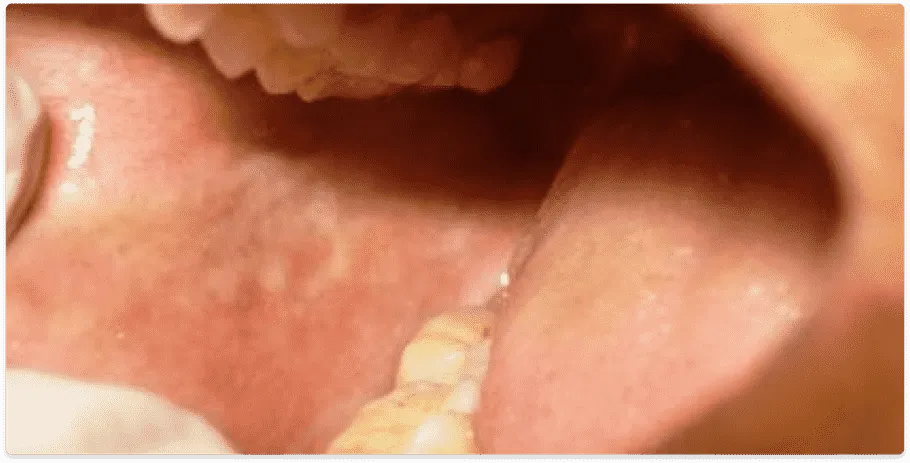Decoding the Tell-tale Signs: What are the symptoms of buccal mucosa cancer?

Symptoms:
Are you familiar with the symptoms of buccal mucosa cancer?
The primary indicator often manifests as a persistent sore or ulcer inside the cheek, resistant to healing. However, symptoms may vary based on tumor location and size.
Additional signs to watch for include:
- Presence of a non-healing mass or lump in the inner cheek.
- Appearance of red or white patches on the mouth lining.
- Bleeding from the mouth.
- Cheek pain or numbness.
- Jaw mobility issues.
- Excessive drooling or saliva accumulation.
- Loss of appetite and unintentional weight loss.
- Facial swelling or ear pain.
Prioritize Your Well-Being: Don't Delay, Schedule an Appointment with Us to Address Concerning Symptoms and Receive Timely Medical Attention!
Unveiling the Culprits: What Causes Buccal Mucosa Cancer?
Ever wondered about the underlying causes of buccal mucosa cancer?
While the exact trigger remains elusive, several risk factors significantly elevate the likelihood of developing this condition.
Stay Informed, Stay Protected: Schedule a Consultation Today to Assess Your Risk Factors and Take Proactive Steps Towards Prevention and Early Detection!
Navigating the Indicative Journey: Understanding How to Diagnose Buccal Mucosa Cancer?
Diagnosed:
Detecting buccal mucosa cancer requires a thorough diagnostic process, beginning with the identification of hallmark symptoms such as non-healing mouth sores. If you experience such symptoms, seeking prompt evaluation from a dentist or oral surgeon is paramount.
Diagnostic procedures may include:
- Imaging Tests: Your healthcare provider may utilize X-rays, CT scans, or MRI scans to gain comprehensive insights into the tumor's characteristics and potential spread.
- Biopsy: The gold standard for cancer confirmation involves a biopsy, where a tissue sample is extracted and scrutinized under a microscope. This crucial step aids in definitive diagnosis and treatment planning.

Take Charge of Your Health: Don't Delay, Schedule Your Consultation Today to Initiate the Diagnostic Process and Obtain Timely Medical Guidance!
Navigating Conduct Options
Your Roadmap for Treatment of Buccal Mucosa Cancer!
Stages
Grasping the stage of buccal mucosa cancer is pivotal for devising an effective treatment strategy tailored to your unique condition. Here's an overview of the four primary stages:
Stage 0
At this initial stage, cancerous cells are confined to the lining of the mouth, devoid of spread to distant body regions.

Treatment
Surgical excision or laser surgery to remove the abnormal cells.
Stage 1
Cancerous cells have infiltrated deeper layers of the mouth but have yet to metastasize to other body parts.

Treatment
Surgery to remove the tumor, possibly followed by radiation therapy to eliminate any remaining cancer cells.
Stage 2
The cancer has progressed to nearby lymph nodes but remains localized without distant metastasis.

Treatment
A combination of surgery to remove the tumor and affected lymph nodes, followed by radiation therapy and possibly chemotherapy to target residual cancer cells.
Stage 3
Signifying advanced disease, cancerous cells have disseminated to distant body sites, such as the lungs or liver.

Treatment
A multidisciplinary approach that may include surgery, radiation therapy, and systemic treatments such as chemotherapy or targeted therapy to address cancer spread.
Empower Yourself with Knowledge: Schedule a Consultation Today to Learn More About Your Cancer Stage and Explore Tailored Treatment Options!
Unlocking Hope
Understanding the Prognosis of Buccal Mucosa Cancer!

Prognosis
Deciphering the prognosis of Buccal Mucosa Cancer unveils a spectrum of factors influencing outcomes, from disease stage to patient vitality and treatment response. While prognostic certainty varies, insights reveal:
- 5-Year Survival Rate: On average, the 5-year survival rate for Buccal Mucosa Cancer hovers around 50%, illustrating the landscape of patient outcomes over a defined timeframe.
- Individual Variation: Despite statistical averages, individual prognoses exhibit significant diversity, with some patients surpassing the 5-year mark and others achieving prolonged survival extending to a decade or more.
- Determining Factors: Prognosis hinges on multifaceted considerations, encompassing cancer stage, patient age, overall health, and treatment efficacy, collectively shaping the trajectory of disease progression and survivorship.
Empower Your Journey: Schedule a Consultation Today to Gain Clarity on Your Prognosis and Forge Ahead with Confidence!
Guiding Light in the Darkness: How to Choose the Right Doctor for Buccal Mucosa Cancer Management!
Doctor:
Empowering yourself with the best care for Buccal Mucosa cancer begins with selecting a specialist who embodies expertise, empathy, and effective communication. Here's what to prioritize:
- Specialist Selection: Opt for a specialist with extensive experience and a track record of success in Buccal Mucosa cancer treatment, ensuring proficiency in navigating the complexities of diagnosis and treatment.
- Institutional Excellence: Assess the hospital or clinic's reputation and resources in managing Buccal Mucosa cancer cases, prioritizing institutions with specialized oncology departments and state-of-the-art facilities.
- Patient-Centric Approach: Choose a doctor who values open communication and collaboration, fostering a supportive environment where your concerns are heard, and treatment decisions are made together.
Take Charge of Your Health: Don't Delay, Schedule Your Consultation Today to Initiate the Diagnostic Process and Obtain Timely Medical Guidance!

FAQs
-
What is buccal mucosa cancer?
Buccal mucosa cancer is a rare type of oral cancer that develops in the inner lining of the cheek. It is a type of head and neck cancer.
-
How is buccal mucosa cancer diagnosed?
Diagnosis typically involves:
- Physical examination: A dentist or doctor examines the mouth for unusual lesions or sores.
- Biopsy: A sample of tissue is taken from the affected area for laboratory analysis to check for cancerous cells.
- Imaging tests: CT scans or MRIs may be used to determine the extent of the cancer and whether it has spread.
-
How can buccal mucosa cancer be prevented?
Preventive measures include:
- Avoiding tobacco in all forms
- Limiting alcohol consumption
- Maintaining good oral hygiene
- Regular dental check-ups to monitor for any changes in the mouth
-
What causes buccal mucosa cancer?
The main risk factors are:
- Tobacco use, including smoking and chewing tobacco
- Heavy alcohol consumption
- Infection with human papillomavirus (HPV)
- Other factors that may increase risk include poor oral hygiene, a diet low in fruits and vegetables, and receiving a stem cell transplant.
-
What is the outlook for buccal mucosa cancer?
The outlook depends on the stage at diagnosis and the person's age, overall health, genetics, and response to treatment. If caught early, surgery alone may successfully treat the cancer. However, buccal mucosa cancer is aggressive and has a high risk of recurrence in the first 2 years after treatment.
